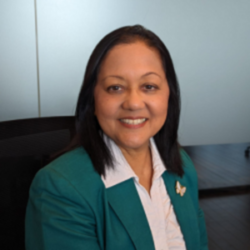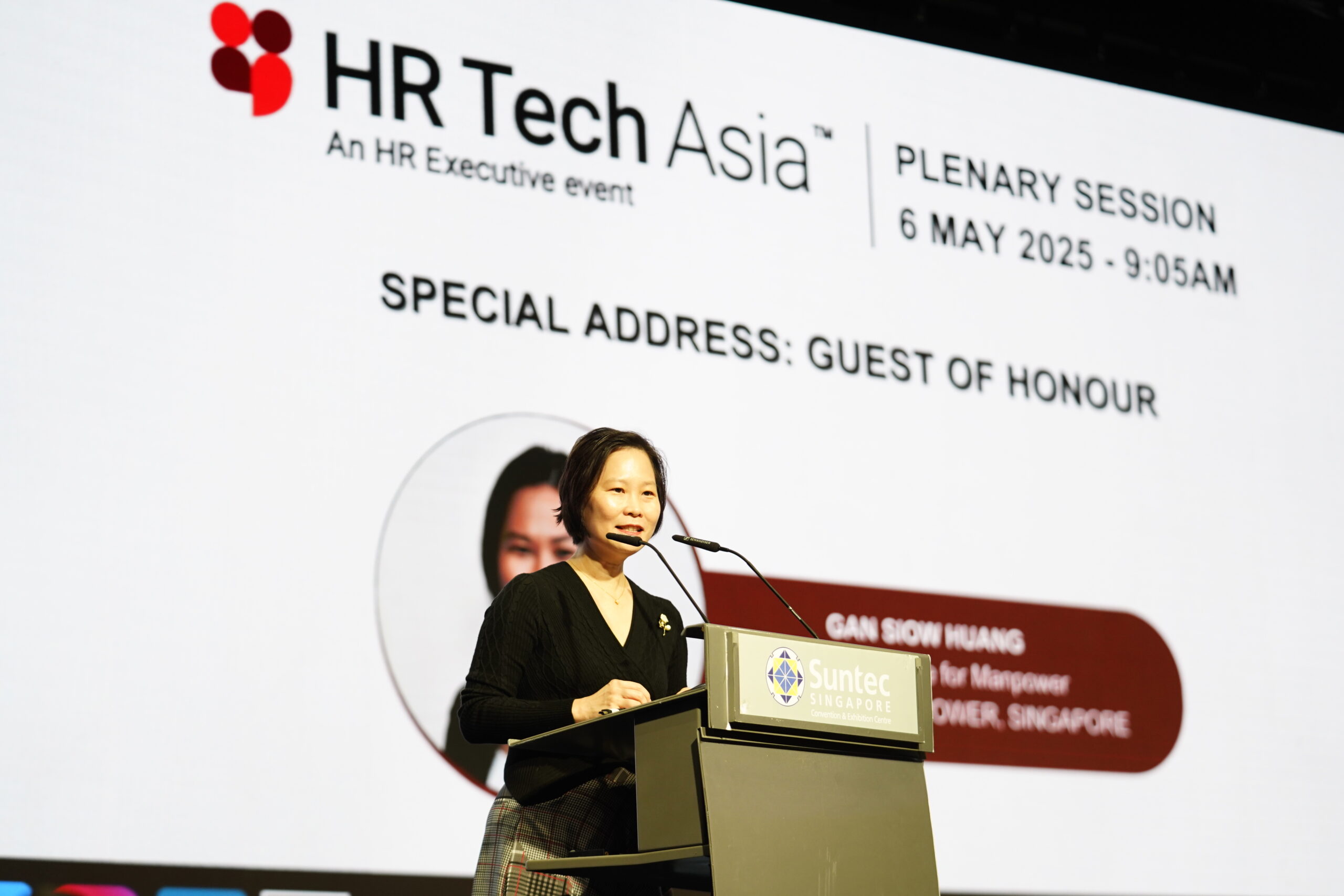From resilience to growth: Strategic priorities for CHROs in Asia
- HRM Asia Newsroom

Amid the global financial slowdown, conflicts in the Middle East and Ukraine, Sino-US-Europe tensions, upcoming elections, and climate change concerns, CHROs in Asia, are at the forefront of navigating an even more complex terrain. Its unique dynamics demand bold, innovative leadership and strategic foresight.
Based on our discussions with CHROs from multinationals and regional companies in Asia, we highlight in this article, three strategic priorities that will demand the attention of HR leaders in Asia in the coming months: HR as a catalyst for business growth and sustainability, the talent war and building future skills, and curating a meaningful employee experience.
HR as a catalyst for business growth and sustainability
CEOs increasingly recognise human capital as a strategic asset, elevating CHROs’ roles in driving business growth and sustainability. A recent global survey by The Conference Board underscores this shift, with CEOs reporting investment in human capital as their top internal priority for fueling long-term business growth. CHROs need to turn this strategic focus into tangible results by optimising talent acquisition, development, and retention strategies, while at the same time, managing costs effectively and deploying technologies such as artificial intelligence (AI), to boost productivity and drive innovation.
To help their organisations benefit from AI, CHROs must ensure that their talent has the necessary skills and training, create roles that boost AI expertise within the company and develop reskilling strategies for positions that will likely be replaced by AI. Furthermore, CHROs can also pilot initiatives to implement AI in HR functions such as recruitment, learning and development, and career development.
As organisations navigate the complexities of a globalised and interconnected world, sustainability has emerged as a critical business imperative. CHROs will play a vital role in building a sustainable workforce by mitigating climate-related risks, ensuring ethical AI practices, and championing human rights within supply chains. By aligning human capital strategies with broader ESG goals, CHROs can contribute to building a more resilient and responsible organisation.
The convergence of human capital, technology, and sustainability underscores the transformative role of CHROs in driving business success. By effectively managing these elements, CHROs can position their organisations for long-term growth and impact.
Winning the talent war and building future skills
The war for talent in Asia continues to rage on. As organisations grapple with talent shortages, CHROs and their teams will need to build a future-ready workforce that is equipped with the skills to navigate continuous change and disruption.
To address these challenges, organisations must shift from traditional hiring practices to a more holistic approach that prioritises skills over formal credentials. Internal mobility has emerged as a powerful tool in the talent war. By creating dynamic marketplaces that connect employee aspirations and skills with organisational needs, companies can foster a culture of internal career mobility. As a result, employees will feel empowered to own their career development. This will boost engagement and retention and align with business goals. Another approach to fill talent shortages is to leverage diverse and untapped talent pools such as retirees, women returnees, contingent/gig workers and neurodiverse and differently abled talent.
To build a future-ready workforce, organisations must invest in continuous learning and development. The integration of AI and automation requires upskilling and reskilling initiatives that equip employees with the competencies needed to thrive in this digital age. CHROs are crucial in driving initiatives such as digital literacy, data analytics, and accelerating AI-related competencies. They are responsible for fostering a culture of lifelong learning, providing continuous learning opportunities, and preparing employees for the future of work by developing skills such as adaptability, critical thinking, problem-solving, and collaboration.
Curating a meaningful employee experience
The evolving workplace, characterised by remote and hybrid work models, necessitates a renewed focus on enhancing the employee experience. CHROs must build inclusive cultures and ensure equitable career progression for all. Leveraging technology, such as employee wellbeing platforms, is crucial for offering personalised support and addressing mental health concerns.
Employee wellbeing continues to remain a pressing challenge in Asia, exacerbated by long working hours and hierarchical cultures. A comprehensive approach encompassing mental health support, flexible work arrangements, and work-life integration, is now a business imperative. CHROs must be proactive in preventing burnout and fostering a supportive work environment.
READ MORE: Reigniting organisational creativity with the power of leading by design
Central to ensuring a positive employee experience is a commitment to diversity, equity, and inclusion (DEI). Asia’s unique cultural and societal context requires a nuanced approach. Despite the DEI global rollbacks, organisations in Asia continue to forge ahead on their efforts by re-evaluating and adapting strategies to local realities. CHROs must prioritise wellbeing, fostering inclusion, and leveraging technology to create workplaces where employees thrive and contribute their best.
Final thoughts
Over the last five years, the role of the CHRO has evolved significantly to a highly strategic one, requiring the ability to align people strategies with business objectives and impact. Building a future-ready workforce requires a focus on talent acquisition, development, and retention, complemented by a robust learning culture. Creating a positive employee experience and fostering a commitment to wellbeing and inclusion are essential for driving organisational success.
Technology serves as a catalyst across all these aspects. From automating HR processes to enabling remote work to internal talent mobility and delivering personalised employee experiences, technology is reshaping the HR function.
The future of work in Asia demands agile, innovative, and data-driven HR leaders who can anticipate and respond to emerging challenges and opportunities.
About the authors:
 Sandhya Karpe is Human Capital Center Leader, Asia and Programme Director of Asia Diversity, Equity & Inclusion Council, Asia Human Resources Council, The Conference Board. She will be joining HRM Asia at CHRO Singapore 2024, which is taking place on September 18. Sandhya will be moderating a fireside chat that discusses how organisations can leverage technologies to build a foundation for the next evolution of work.
Sandhya Karpe is Human Capital Center Leader, Asia and Programme Director of Asia Diversity, Equity & Inclusion Council, Asia Human Resources Council, The Conference Board. She will be joining HRM Asia at CHRO Singapore 2024, which is taking place on September 18. Sandhya will be moderating a fireside chat that discusses how organisations can leverage technologies to build a foundation for the next evolution of work.
 Shreya Soota is Asia Human Capital Center Manager, The Conference Board.
Shreya Soota is Asia Human Capital Center Manager, The Conference Board.
 Praisy Abraham is Asia Human Capital Center Member Engagement Associate, The Conference Board.
Praisy Abraham is Asia Human Capital Center Member Engagement Associate, The Conference Board.
For more news and analysis on the latest HR and workforce trends in Asia, subscribe to HRM Asia and be part of the region’s largest HR community!







